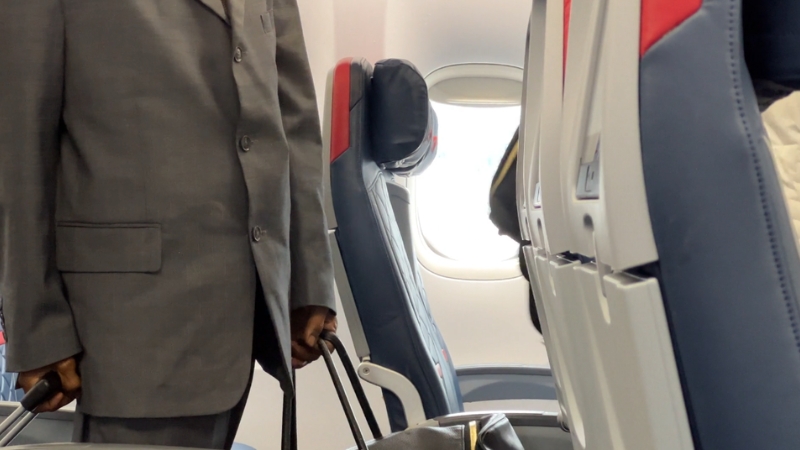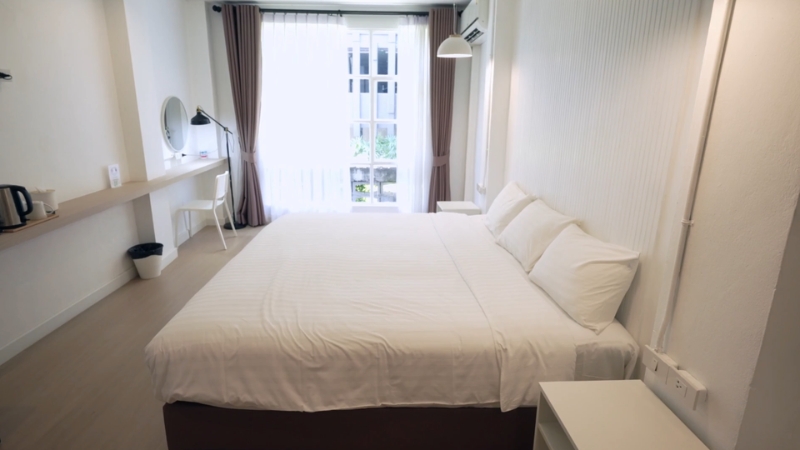Travel costs continue to rise, making financial preparation more important than ever.
Practical strategies rooted in advice from experienced travelers and financial professionals can make a real difference.
A thoughtful approach to spending can allow for both spontaneity and savings, helping travelers make the most of every experience.
Let us talk about all these ways in greater detail, so you can have a much easier time planning a trip in the future.
Pre-Trip Planning

Planning begins long before takeoff. Smart travel doesn’t just mean spending less, but knowing how and where to direct your money for the biggest return in comfort, adventure, and peace of mind.
A few thoughtful strategies implemented early can make the difference between a stressful budget crunch and a smooth, exciting travel experience.
1. Set a Travel Savings Goal
Goal-setting builds momentum. Instead of vaguely hoping to afford a trip, creating a specific savings target sets the course.
Knowing exactly how much is needed and by when transforms the process into a manageable challenge rather than a guessing game.
Effective ways to set and grow your travel fund:
Automating savings reduces temptation and increases consistency. Money moves into the fund without effort, making it easier to build a cushion over time.
For a simple framework to structure your savings and spending, consider using some of the 50/30/20 rule examples, which divide your income into needs, wants, and savings.
2. Plan Ahead and Be Flexible
Timing matters just as much as location. Planning travel early opens access to cheaper options, while flexibility makes it harder to be price-gouged.
Adjusting your schedule slightly can unlock better deals and avoid crowds, improving both savings and overall experience.
Ways to plan smart and stay flexible:
Changing travel days by just one or two can cut hundreds off total expenses.
Shifting plans to align with airfare drops or hotel promotions makes the budget go further while often leading to more enjoyable travel moments.
3. Use Deal Aggregators and Alerts
Letting the deals come to you puts the power of technology to work.
With so many websites monitoring discounts and fare errors, there’s no need to manually scan the internet for flight bargains every day.
Top deal platforms to monitor:
- Airfarewatchdog: Fare alerts and curated error fares
- Secret Flying: Flash sales and surprise ticket deals
- Skyscanner Price Alerts: Daily updates on specific routes or destinations
- Google Flights: Predictive pricing and flexible fare tracking
Signing up for alerts ensures you’re among the first to know about price drops.
Quick action is often needed when an airline mistakenly offers international fares at a fraction of the normal cost.
Timing is everything, and these tools help you stay ahead of the curve.
Flights and Transportation

Transportation is often one of the largest expenses in any travel plan.
A strategic approach involves taking advantage of loyalty programs, booking methods, and local commuting habits.
4. Use Airline Miles and Credit Card Points
Travel rewards programs are powerful tools when used correctly. Credit cards offering travel perks make it possible to fly, stay, and even dine at reduced or no cost.
Planning ahead helps align spending habits with rewards that truly pay off.
How to maximize points and miles:
Instead of letting daily spending go unrewarded, redirect it toward travel incentives.
Every grocery trip, fuel stop, or online purchase becomes another step toward a free flight or upgraded hotel room.
5. Be Smart About Booking Flights
View this post on Instagram
Airfare doesn’t follow a simple formula. Pricing changes constantly, and small adjustments to how and when you book can result in significant savings.
Being savvy with search engines and timing leads to lower ticket prices.
Flight booking hacks to consider:
A Tuesday night flight into a nearby airport can be hundreds cheaper than a direct Friday arrival.
Layering your research increases the chances of scoring a low fare without sacrificing comfort.
6. Travel Like a Local
Once you’ve landed, it pays to move around like those who live in the area.
Local transport is not only cheaper, but it often gives more authentic insight into daily life.
Getting around smartly adds flexibility and removes the stress of parking or inflated tourist taxi rates.
Transportation choices that cut costs:
Adopting local habits results in both savings and smoother mobility. It also builds a deeper appreciation for how different places operate.
Accommodation

Lodging doesn’t have to consume half your travel budget. Comfort, safety, and convenience can still be found without paying luxury prices.
Exploring alternative options and asking the right questions can lead to stays that are both memorable and economical.
7. Consider Alternative Lodging
Hotels aren’t the only option. Short-term rentals, hostels, and community-based housing offer more personalized and often more affordable options.
These accommodations can also foster local connections and a greater sense of place.
Alternative lodging ideas worth trying:
These choices often come with access to a kitchen, washer, or helpful hosts who offer local tips.
Staying in someone’s home rather than a commercial hotel can add depth to your stay without adding cost.
8. Look for Hidden Value

Smart lodging isn’t always about the lowest sticker price. Perks and amenities can significantly alter the value of your stay.
When those extras are built into the nightly rate, you can save big in other parts of your budget.
Choosing lodging based on amenities can reduce overall trip expenses by eliminating the need to pay for basics elsewhere.
A well-equipped kitchen or washer can be more valuable than a concierge.
9. Ask for Discounts
Being bold enough to ask often pays off.
Many accommodations have discounts they don’t advertise, especially for longer stays or special circumstances.
A simple, polite message can unlock better rates.
Asking doesn’t guarantee a deal, but not asking almost guarantees you’ll miss out.
Summary
@ken_abroad Stop Wasting Money When You Travel #travel #traveltiktok #travelhacks #traveltips ♬ original sound – Ken Abroad
Smart budgeting creates space for spontaneity and joy.
Personalized travel strategies tailored to your interests can stretch funds while enhancing satisfaction.
One final tip: consider saving your biggest splurge for the final day.
Ending on a high note leaves a lasting impression, turning a great trip into an unforgettable one.
I’m Annabel, and traveling has always been my passion. My idea of fun? A lot of biking and hiking. From the Himalayas to the local hills, if there’s a path (or not), I’ve probably been there or it’s on my list.







